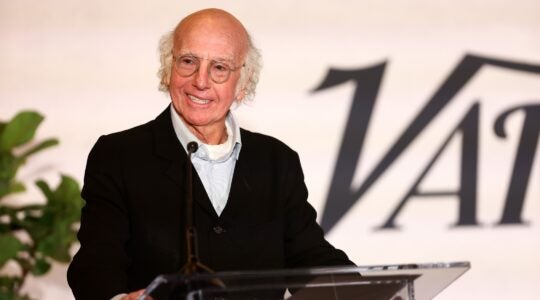New Israeli Prime Minister Benjamin Netanyahu told the AIPAC policy conference via satellite on Monday evening that he supported a "triple track" approach to talking with the Palestinians — covering security, economic and political negotiations.
At a policy conference breakout session the day before, Ron Dermer, a top adviser to Netanyahu, explained how the prime minister would go about doing that and why he believes it will work.
First, Dermer said Netanyahu would "work to change the reality on the ground," praising Lieutenant Gen. Keith Dayton, U.S. security coordinator for the Palestinian Authority, for his work with Palestinians.
"It’s amazing that" during the Gaza operation late last year and early this year, "you had protests in European capitals and didn’t have them in Jenin, Nablus and Jericho," said Dermer. "That says to me that maybe the security forces are doing a little bit better and maybe the Palestinians want a different life, a better future."
Then Dermer moved to the economic track, noting that a prime minister "can do a lot" to "move the bureaucracy along and to get through all the red tape" to get roads paved and buildings built.
"True economic development and secuity cooperation can create a context where political progress is possible," he said.
And that political progress is more likely, said Dermer, because "something is happening the Middle East that has not happened in the last 100 years" — the Arab world and Israel share "a common enemy" of Iran.
"On the basis of this common danger, not only can you work together on that common threat but also work together to advance peace," he said.
Dermer did reject what he called the "theory" that in order to get the "Arab world on board" to stop Iran from acquring nukes that "Israel should be pressured to do this or that."
"I don’t understand that argument," he said. "The Arab world should not recieve anything from us for helping them survive. The U.S. should be demanding things from the Arab world to counter the Iranian threat."
But he concluded on an optimistic note, saying that if "you look at this conflict with a sober, prudent lens," there is a "historic opportunity here."
JTA has documented Jewish history in real-time for over a century. Keep our journalism strong by joining us in supporting independent, award-winning reporting.





